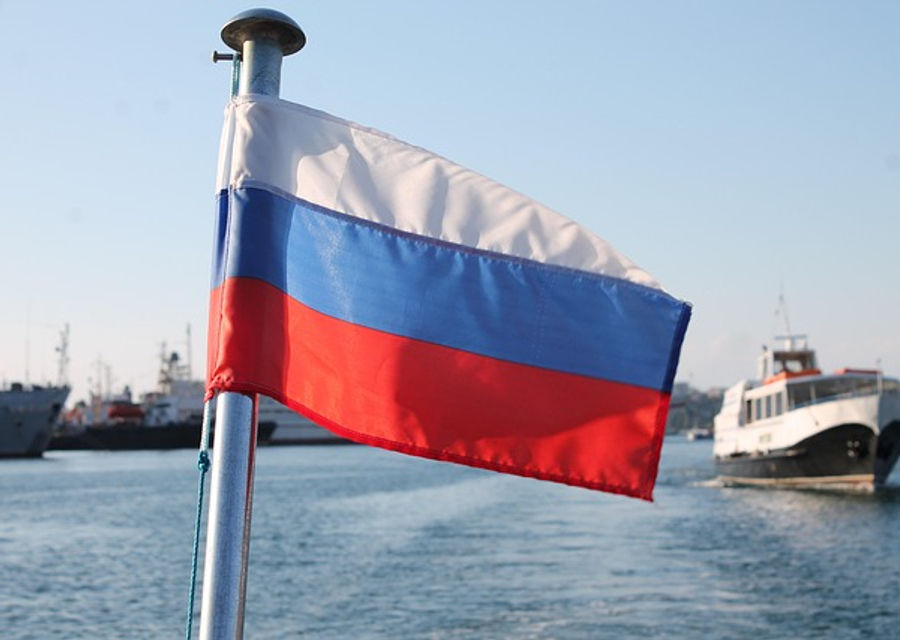Trump and Putin: Key Insights into Russian Politics and Diplomacy
- THE MAG POST

- Aug 9, 2025
- 4 min read

The upcoming meeting between US President, Donald Trump, and Russian President, Vladimir Putin, scheduled for August 15, 2025, in Alaska, has become a focal point of diplomatic discussions. The event aims to reinforce the significance of Russian politics and diplomacy in the evolving international landscape. This anticipated encounter highlights the vital role of political negotiations in steering bilateral relations, particularly given the historical complexities between these two nations.
Key Aspects of the Trump-Putin Meeting in Alaska
When discussing the rendezvous in Alaska, it’s essential to acknowledge its potential impact on Russian politics and diplomacy. Such high-level meetings are crucial for fostering mutual understanding and addressing ongoing geopolitical tensions. The backdrop of Alaskan diplomacy sets the stage for intricate negotiations that could influence not only bilateral relations but the broader landscape of global politics. Analysts speculate that discussions may cover pressing topics including military cooperation, economic trade, and strategies for addressing international crises.
Trump's announcement of this meeting emphasizes his administration's approach to engaging with Russia, reflecting a broader trend in foreign policy focused on direct dialogue. Similar past meetings have illustrated how personal diplomacy often opens doors to breakthroughs in strained relationships. As international observers note, such interactions can be powerful tools for shaping the narrative of global diplomacy, particularly in the realm of Russian politics.
Federal aides, including Kremlin spokesperson Yury Ushakov, confirm the logistical aspects of the meeting, enhancing the anticipation surrounding it. Formal agreements between Moscow and Washington underscore a mutual willingness to prioritize dialogue over discord. The significance of this gathering extends beyond mere politics; it serves as a public affirmation of the leaders' commitment to managing their respective nations' interests through conversation and compromise.
As the date approaches, the spotlight will be on how both leaders prepare for discussions in Alaska. What topics will take precedence? How will each leader leverage past experiences to frame their negotiations? Observers from various sectors are ready to analyze the outcomes, as this meeting could usher in a new phase in Russian-American relations marked by cooperation or continued skepticism. The anticipation is not just about the event itself but the potential shifts in global alliances it may signal.
Cultural and Economic Implications Surrounding the Meeting
Understanding the cultural dynamics at play during this historic meeting is vital. The interplay between national identities and political agendas can greatly influence the effectiveness of diplomacy. In the context of Russian politics, cultural narratives often inform foreign policy decisions, making it essential for both leaders to consider the broader implications of their discussions. This meeting could pave the way for deeper cultural exchanges between the United States and Russia, fostering a greater understanding of each nation's societal values.
From an economic perspective, the implications of the Trump-Putin meeting in Alaska are equally significant. Trade relations, particularly in energy sectors, have been vital components of discussions over the years. Reviewing the history of oil and gas industries tied to Russian politics highlights the intricacies of international energy markets. This meeting may delve into practices related to resource management and sustainable development, which could benefit both nations in the long run.
The consequences of this summit may extend to other realms of exchange and cooperation between these leading nations. The possibilities for advancing trade agreements or easing tensions surrounding trade barriers will be keenly observed by economists and policymakers alike. Engaging in discussions about infrastructure and technology transfers can further enhance mutual benefits, reflecting the potential for positive outcomes from open dialogue.
Moreover, the meeting could ignite discussions about addressing pressing global crises, whether these pertain to climate change, security collaborations, or health emergencies like pandemics. Collective action in addressing such critical issues could serve as a cornerstone for future Russian-American relations.
Preparing for the Meeting: Expectations from Both Sides
As both leaders gear up for the meeting, setting realistic expectations is crucial. Historical precedents can provide insight into how these negotiations may unfold. Delegates from both nations are likely to have engaged in preparatory talks to outline agenda items that focus on avenues for cooperation. Each side's political ambitions and contingencies could also greatly influence the outcomes of these discussions.
Furthermore, analysts are eager to see how the leaders' styles of negotiation will play out in this setting. Trump, known for his direct approach, may push for candid exchanges, while Putin's strategic and often calculated style may emphasize building bridges over addressing contentious issues upfront. Balancing these approaches will be critical in leveraging the strengths of each leader to facilitate effective dialogue.
Media coverage surrounding the meeting is expected to ramp up, with the event serving as a litmus test for broader international relations. Reporting will focus on the sincerity of each leader's commitments and the tangible results that can emerge from direct diplomatic interactions. Observers will scrutinize how each leader communicates their nation's viewpoints and how effective they are in advocating for national interests.
Realistic goals, such as tackling civil liberties and human rights discussions, may also be tabled, as the international community continues to monitor these aspects of Russian politics. Effective communication, clarity of purpose, and mutual respect between the two leaders can play instrumental roles in overcoming potential pitfalls.
Conclusion: The Future of Russian-American Relations Post-Meeting
As the meeting in Alaska approaches, the world watches with keen interest regarding the future trajectory of Russian-American relations. This important diplomatic encounter has implications that stretch far beyond the immediate agendas of both leaders. Instead, it represents a critical opportunity to reshape the conversation around international collaboration across a plethora of pressing issues.
Furthermore, the outcomes could send ripples across global politics, influencing other nations' stances on Russian diplomacy. Should both leaders successfully navigate their complicated history, it may signify a move toward reconciliation, paving the way for constructive relationships characterized by trust and transparency.
The results from this meeting will be essential for assessing trends in global politics and economic partnerships. As the intricacies of both nations' interests unfold, it will be critical to communicate the impact of this diplomatic endeavor to the public clearly. Overall, the meeting holds great promise for ensuring that Russian-American relations move into a new chapter of interaction rooted in collaboration and mutual respect.
From our network :






















































Comments